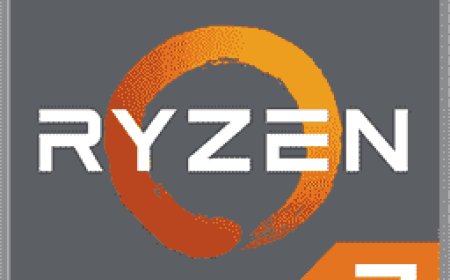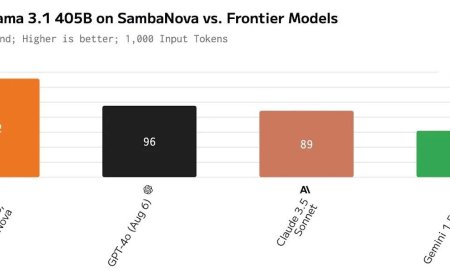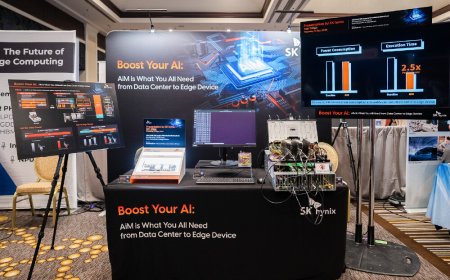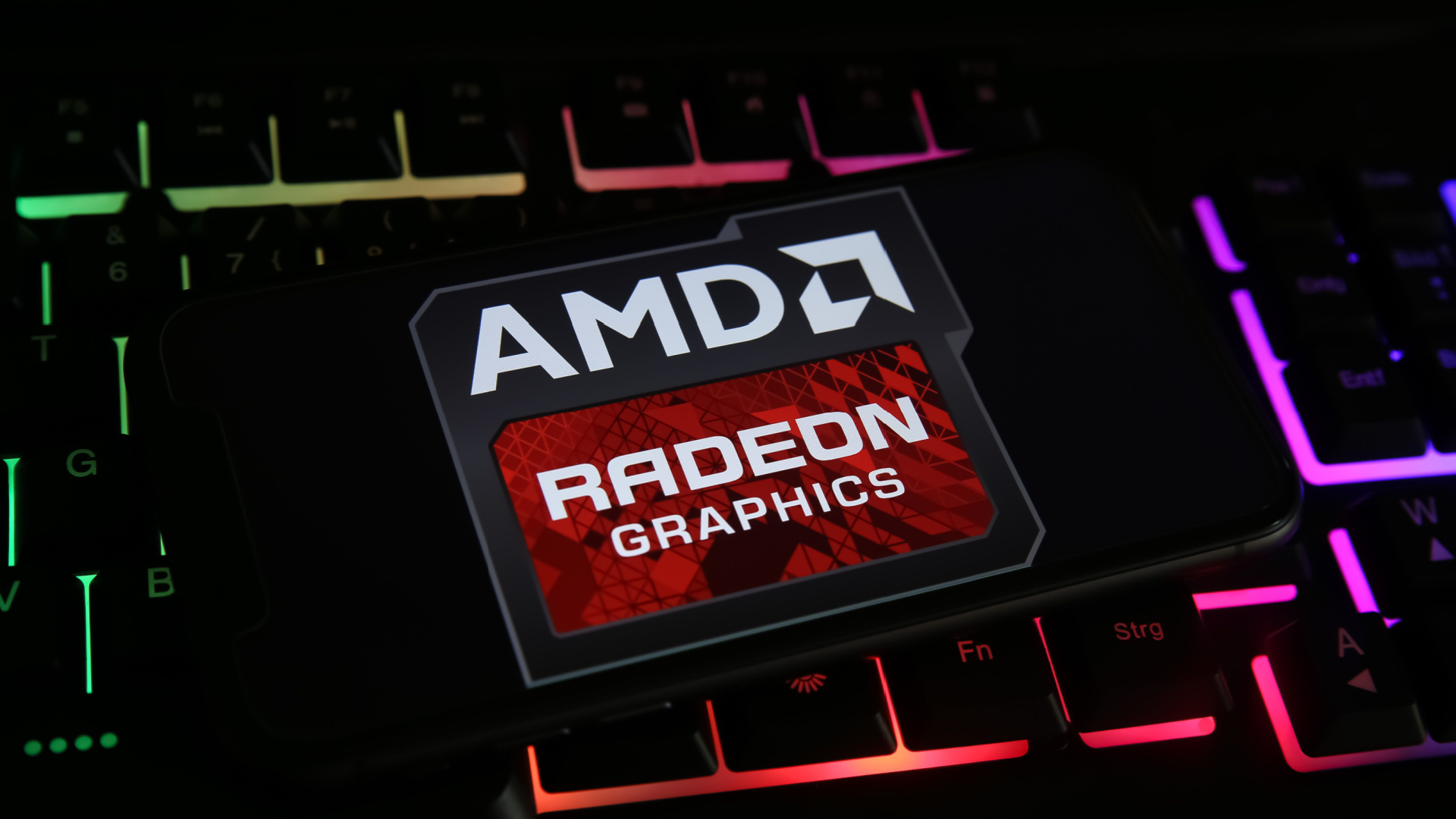Huawei To Establish HBM Production Lines By 2026, Collaborates With YMTC’s Subsidiary & Domestic Semiconductor Firms
Huawei To Establish HBM Production Lines By 2026, Collaborates With YMTC’s Subsidiary & Domestic Semiconductor Firms
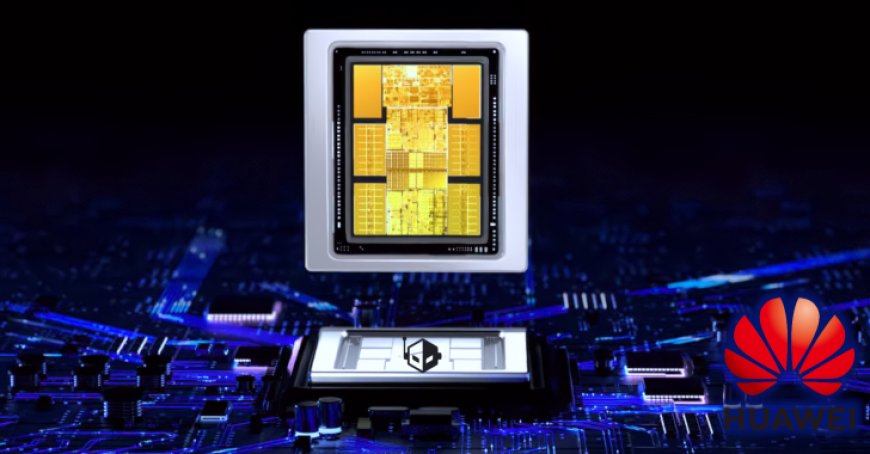
Huawei plans to enter the booming "HBM business" and capitalize on the AI hype by collaborating with Wuhan XMC, a domestic semiconductor firm.
The HBM business is booming; there's no doubt about that. Every other memory firm, whether Samsung or SK hynix, is engaged in an HBM race, battling against each other to win as many orders as possible. The reason behind the HBM boom is that the memory type plays a crucial role in its integration at AI accelerators, and given the AI hype that continues to take the markets by storm, it's only imminent that demand for HBM will increase with time.
Huawei has decided to join the race, as the firm cooperates with Wuhan XMC, a subsidiary of YMTC, and multiple domestic semiconductors to develop an in-house solution. DigiTimes reports that along with XMC, Huawei has collaborated with Jiangsu Changjiang Electronics Technology (JCET) and Tongfu Microelectronics, which are responsible for wafer packaging or CoWoS. This isn't the first "HBM venture' by Chinese vendors since previously, XMC disclosed that they had established a facility to produce 3,000 12-inch wafers per month.
While we haven't heard about an exact time frame of when Chinese HBM production can come into effect, it was rumored that Huawei and other companies plan to initiate domestic production by 2026, and with that, the possibility of China being self-self-sufficient in this sector has risen more than ever. Despite being struck by US regulations, Huawei doesn't look to stop just yet, and given the popularity of the company's Ascend AI chips, a move like this is certainly expected, and as the country's "Made in China" policy has seen massive traction. However, this huge demand from the domestic segment alone has left Huawei with major supply issues and NVIDIA is once again seen gaining traction in China.
Currently, SK hynix and Samsung are the leading HBM vendors, followed by Micron. While we can't say for sure whether Chinese HBM companies could make a mark in global share, the development certainly looks promising. If Huawei manages to secure an HBM supply domestically, one can only imagine the boost to domestic AI chip capabilities in the future
What's Your Reaction?









